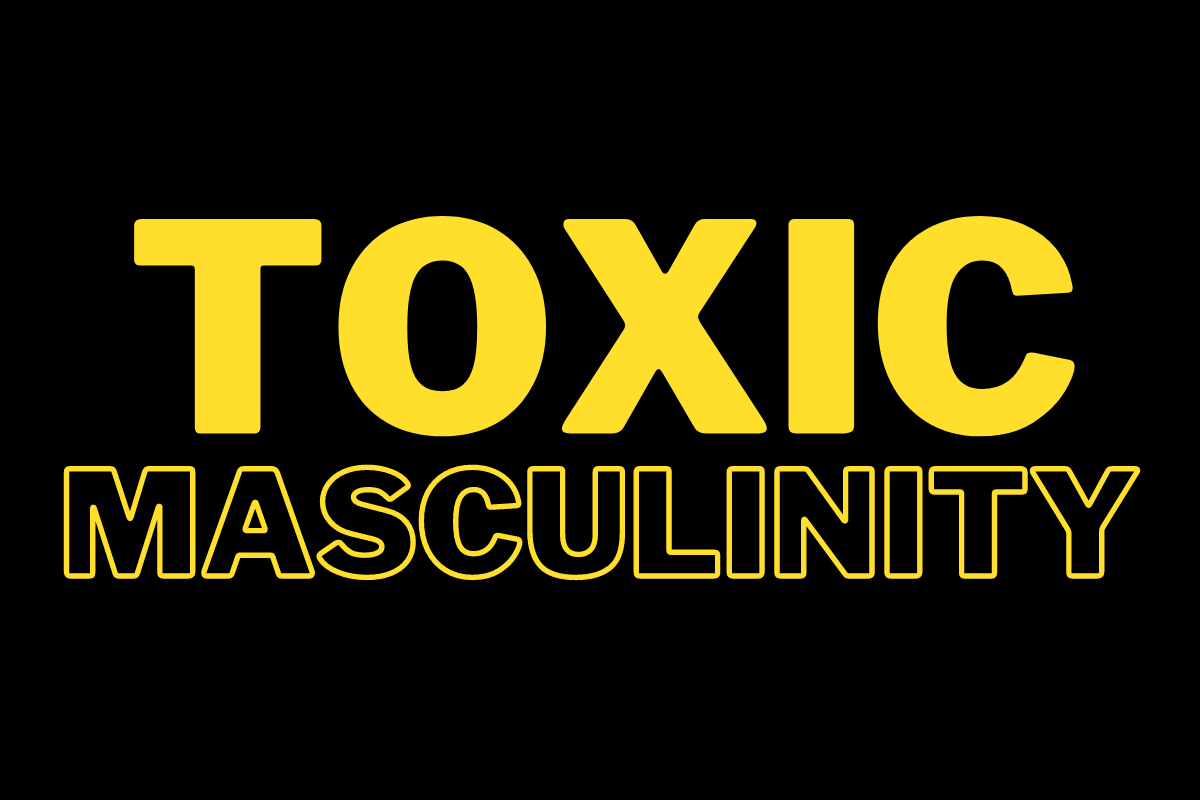

While President Trump called vice presidential nominee Kamala Harris “nasty” four times during his Tuesday press briefing, People of Color continue to fear for our lives. The President’s comments remind us that it is not just his bigoted rhetoric or racist policies that threaten us as we protest the police murder of George Floyd and others, it is also his toxic masculinity.
President Trump says Kamala Harris was his "number one draft pick" for Joe Biden's running mate, and that she was "extraordinarily nasty" to Brett Kavanaugh during his confirmation hearings https://t.co/LuaejUqCGi pic.twitter.com/O3z3qbXNjK
— CBS News (@CBSNews) August 11, 2020
Trump has publicly called women everything from “horseface” to “bimbo,” making his latest use of gendered language to attack Harris unsurprising. Indeed, his sexism has been on public display since a leaked video showed him bragging that he grabs women “by the pussy” in 2016. The President’s seemingly endless parade of sexist outbursts and alleged sexual assaults is not particular to him, however. It is indicative of a wide-spread culture of toxic masculinity in the U.S.
Toxic masculinity refers to a form of masculinity defined by its violence, aggression, and suppression of emotion. It is “toxic” because it requires that men display these traits in excess to be perceived as “manly.” It also discourages men from exhibiting other traits, such as humility, cooperation, and care.
Toxic masculinity is not just about damaging gender norms, however. It is also about their intersection with racism. Toxic masculinity was responsible for the murder of George Floyd by Minneapolis police on May 25. In the video footage, Officer Derek Chauvin can be seen pressing his knee on Floyd’s neck, callously unmoved as Floyd gasps for breath. Chauvin’s unwillingness to respond to Floyd’s cries is not just racist, it is also symptomatic of a version of toxic masculinity that pervades police departments, in which officers that display aggression and suppress emotion are also more likely to be rewarded. When combined with racism, this means that Black people are six times more likely than white people to be killed by police.
In addition, toxic masculinity is not just limited to policing. Data shows that men are less likely to wear face masks than women to prevent the spread of COVID-19. Research suggests that some men fear wearing a mask is a sign of “weakness.” Once again, toxic masculinity’s insistence that men act assertively and repress fear is leading to increased community spread. This disparity is even more significant among white men. Scholars have found white-identified people are 12% less likely to wear face masks than those that identify as Black. This represents a particular threat to People of Color, who are five times more likely to be hospitalized for Covid-19 than white people.
To be sure, not all men exhibit toxic masculinity and not all women avoid it. The truth is that toxic masculinity, much like racism, is a system. It is not a trait inherent to people that identify as male, any more than having a specific favorite color is. Rather it is a structure that favors certain traits over others, and rewards those that display them with increased status, dating prospects, and even the presidency. In this way toxic masculinity, like racism, can compel people of all genders to perpetuate a system that has resulted in the murder of six black trans women in the past month alone. This includes, ironically, vice presidential nominee Harris, whose record on prosecuting sex work as California attorney general resulted in increased danger for many trans Women of Color. Harris has since reversed her position, an indication that it is possible to begin divesting from toxic masculinity.
As People of Color, and particularly trans and non-binary People of Color, we live in constant fear of death not just because of racism, but also because of its intersections with toxic masculinity. Police departments and colleges can pledge to adopt anti-racism training, but such trainings will be insufficient unless combined with a plan to eradicate toxic masculinity from these institutions. Instead we should focus on programming that acknowledges toxic masculinity as a central tenet of racism, such as Washington D.C.’s Rethink Masculinity.
As a queer Person of Color, I remain committed to dismantling the system of toxic masculinity. I have to be. If I do not succeed, it may literally kill me.
***
Dr. Kristie Soares is an Assistant Professor of Women & Gender Studies at University of Colorado, Boulder.



Trump’s ego as well as his ethnic beliefs are his worst enemies. His attitude is leading the nation into a very serious racial confrontation. It is sad to see a leader not interested in unity. This lack of unity is what destroys great nation’s. May God take pity of America.
This is a ridiculous article spewing postmodern/ post structural nonsense taught in liberal grad schools. I know this bc I’ve been there hearing the lunacy. There’s prob a million other things far more likely to kill you than whatever your ridiculous definition of toxic masculinity is.